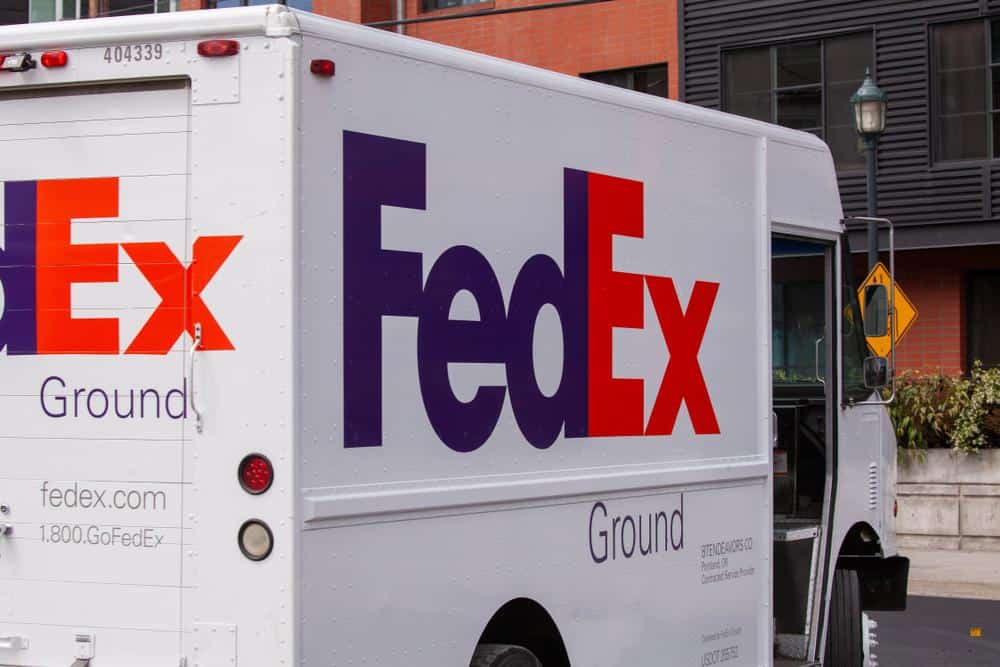
When you receive an international package via FedEx, you may be required to pay customs charges, also known as duties and taxes. But what happens if you don’t pay these charges? This comprehensive guide will take you through the consequences of unpaid customs charges, how they’re assessed, and how to handle disputes.
If you don’t pay customs charges with FedEx, the original shipper will be billed for them. If these charges remain unpaid, your package may be delayed, returned to the sender, or even seized. Unpaid customs charges can also lead to debt collection efforts, negative impacts on your credit score, and potential legal action. It’s advisable to pay these charges promptly or dispute them if you believe they are incorrect.
Understanding Customs Charges
Customs charges are fees levied by the customs authorities of the country where the goods are being imported. They are separate from any shipping fees charged by FedEx and are typically required to be paid at the time of import, before the goods are released for delivery.
Customs charges consist of two main elements: Duty and Tax. Duty is a tax imposed on products being shipped across borders, while Tax is usually charged at the point of sale for goods bought and sold in a country or territory, often at the point of importation. The terminology for tax can vary depending on the individual country or territory.
Consequences of Not Paying Customs Charges
If customs charges are not paid by the receiver or the third-party FedEx account holder, the original shipper will be billed for them. This means that if you refuse to pay the customs charges, the person or company that sent you the package will be held responsible for the payment.
Failure to pay these charges could result in several consequences:
- Delay in Delivery: Your package might be held up at customs until the charges are paid, leading to significant delays in delivery.
- Return to Sender: If the customs fees are not paid, the package may be returned to the sender. The sender then has to bear the cost of the return shipping.
- Seizure or Forfeiture: If the customs charges are not paid and the package is not claimed within a certain period, it may be subject to seizure or forfeiture.
- Debt Collection: If the customs charges are not paid, the courier service may send a bill to the recipient. If the bill is not paid, it could potentially affect the recipient’s credit score.
- Legal Action: In extreme cases, if the charges remain unpaid, legal action could be taken to recover the owed amount.
Resolving Unpaid Customs Charges with FedEx
If you believe there are unpaid customs charges that need to be resolved, it’s recommended to contact FedEx customer service with all the necessary documentation related to your shipment. FedEx allows you to dispute charges online, by email, or by phone.
Remember to keep a record of all interactions with FedEx throughout the dispute process. If your initial dispute does not yield the desired outcome, you may need to escalate the matter.
Additional Costs or Penalties
Unpaid customs charges can lead to additional costs or penalties, such as processing fees, fines, and even legal action. Providing incorrect or misleading customs information can result in additional costs, returned packages, and delays.
Impact on Future Shipments
Unpaid customs charges may lead to delays in the shipment process and could potentially affect your relationship with FedEx. It is advisable to pay customs charges promptly to avoid any negative consequences on future shipments.
Tips for Avoiding or Managing Customs Charges
Proper management of customs charges involves accurate valuation of items, understanding packaging and labeling requirements, and open conversations with customers about potential import duties. Using FedEx’s online tools can also help estimate duties and taxes for your shipment.
Exemptions or Waivers
Certain exemptions or waivers may apply depending on the destination country and specific customs regulations. These can include tax relief for items that are temporarily imported or exported, gifts below a certain value, and personal and used household belongings.
In conclusion, it’s essential to understand your obligations when it comes to customs charges with FedEx. Paying these charges promptly can help avoid delays, additional costs, and potential legal issues. If you believe a charge is unjustified or incorrect, don’t hesitate to dispute it with FedEx.
Frequently Asked Questions
How are customs charges calculated?
Customs charges are calculated based on a number of factors, including the type of goods, their value, and the destination country’s tax and duty rates. It’s important to note that each country has its own rules and regulations for calculating these charges.
What if I overpaid customs charges?
If you believe you’ve overpaid customs charges, you can file a claim for a refund with FedEx. You’ll need to provide proof of the overpayment, such as receipts or invoices. FedEx will then review your claim and, if approved, refund the overpaid amount.
Can I refuse to accept a package due to high customs charges?
Yes, you can refuse to accept a package due to high customs charges. However, if you do so, the package will be returned to the sender and they will be responsible for the return shipping costs and any unpaid customs charges.
Can I prepay customs charges when shipping with FedEx?
Yes, FedEx offers a service called “International Priority” where you can prepay customs charges. This can be a convenient option if you want to ensure that the recipient doesn’t have to pay any charges upon delivery.
How long do I have to dispute a customs charge with FedEx?
You have 180 days from the date of the customs charge to file a dispute with FedEx. After this period, you may no longer be eligible for a refund or adjustment.












